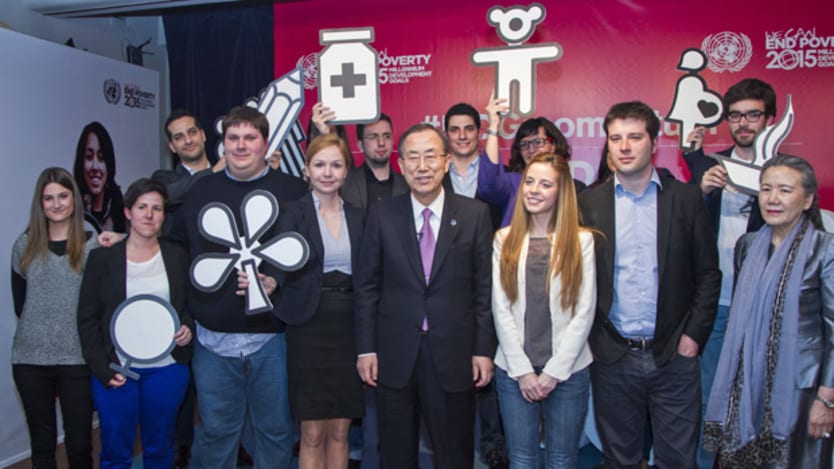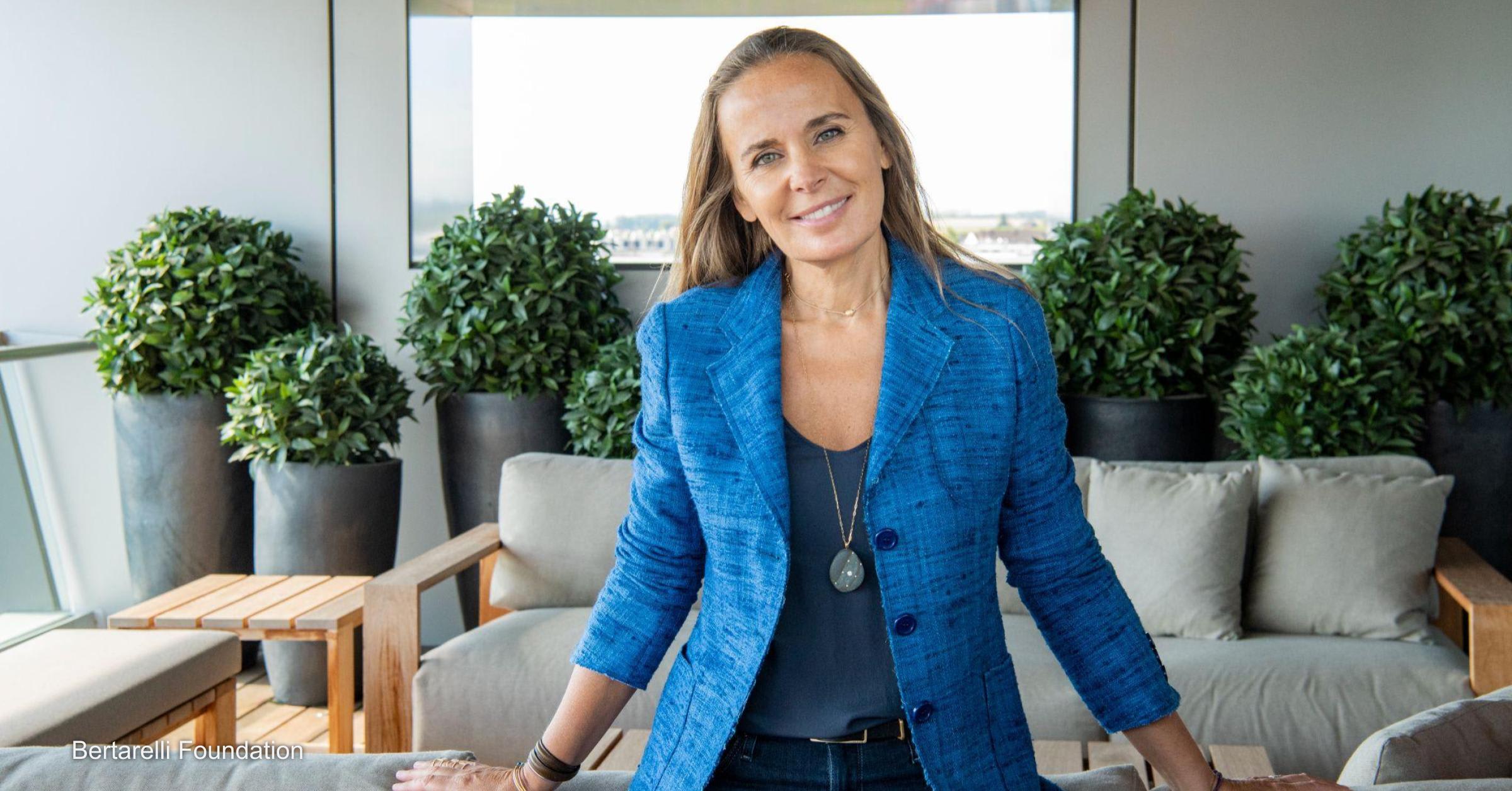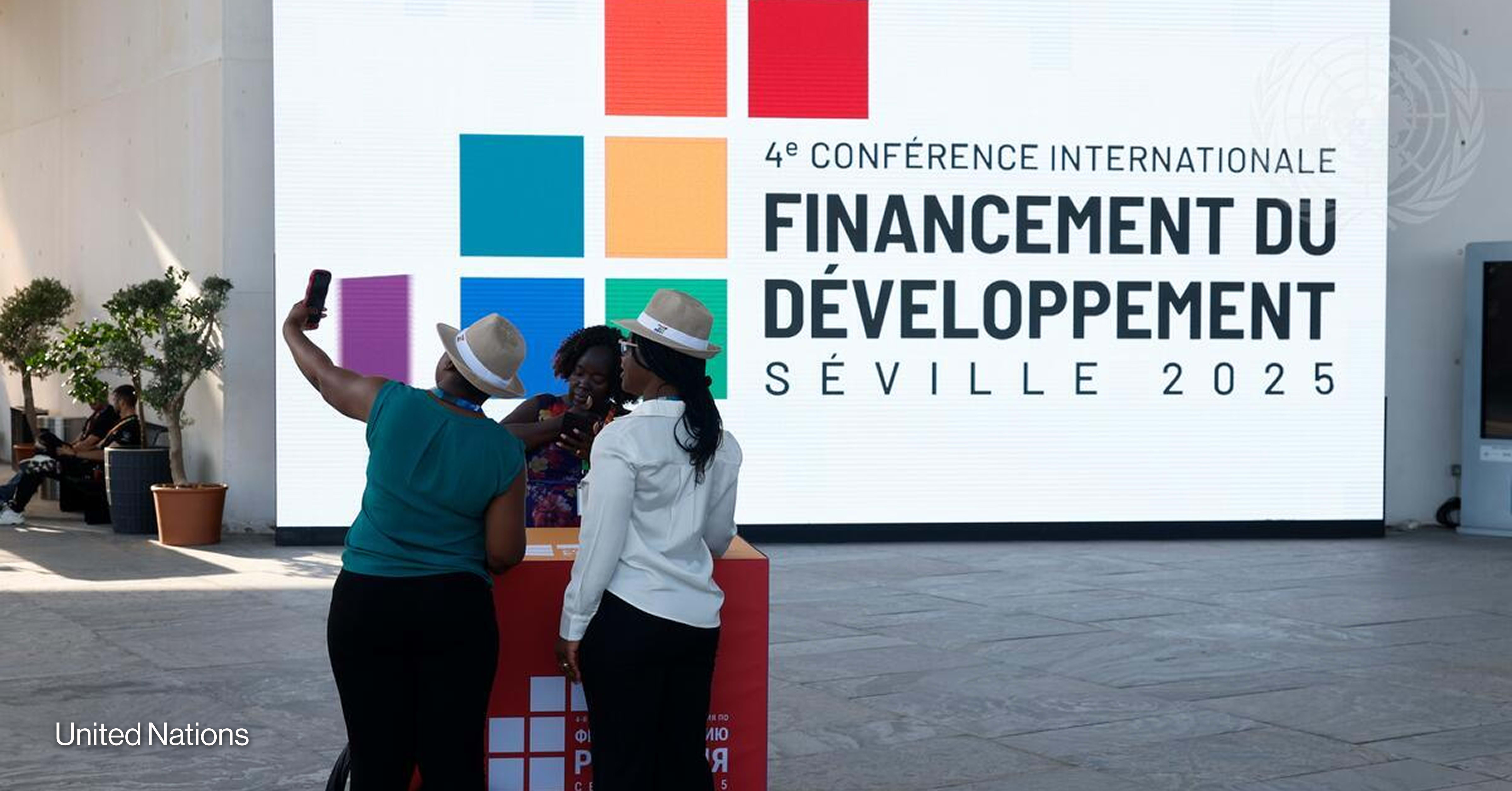
A lot can be achieved in 500 days.
Beginning April 4, 2013, or 500 days before I wrote this article, I was able to secure my first 9-to-5 job, become a homeowner and join anti-poverty campaign ONE as a youth ambassador. More importantly, during this time, the U.K. Department for International Development stepped up its support of developing countries’ efforts to meet the Millennium Development Goals. Since then, DfID has helped 3.6 million births take place safely, given 11.4 million people emergency food assistance and supported 85.8 million people in their efforts to hold their authorities accountable.
Today, Aug. 18, marks a different 500-day milestone.
The next development goals are expected to be adopted in September 2015, and replace the MDGs a few months later. Fifteen years ago, the MDGs provided a blueprint for global leaders to meet the needs of the world’s poorest. Simply put, the current goals focus on improving health and nutrition, achieving universal education, promoting gender equality and environmental sustainability.
In the next 500 days, world leaders not only must strive to meet the current targets but also to create a new, more determined set of goals that will see the end of extreme poverty. Between 1990 and 2010, extreme poverty plummeted from 43 percent to 21 percent of the world’s population. If this trajectory continues, extreme poverty will virtually be eliminated by 2030. That’s just 15 years away. Have you have ever imagined what your life would look like in 15 years’ time? I know I have, and I certainly wouldn’t have thought practically eliminating extreme poverty was possible — but it is, if we act now.
These new goals need to make history and not just be resigned to it. They must be of high quality and known worldwide, building on the current MDGs’ progress, as well as pushing our ambitions even further. While I currently lack the knowledge or experience of the experts, there are many things that I — and you — can do. As a youth ambassador, it is not just my job, but my passion to help make sure these goals become as widely known as possible.
Being young, I am often labeled as part of a “lazy generation.” But I believe my peers are crucial in shaping the future of development. Yes, we spend a long time on social media. But social media also gives us an enormous audience — more than 1.3 billion users on Facebook and 255 million on Twitter — for our advocacies.
With the current communications possibilities, the development agenda from 2015 could be radical. Although every country’s youth is different, social networks provide a global common ground that the older generations may lack. Whether you are a 20-year-old in Kenya or a 15-year-old in the Netherlands you have roughly the same platform to share your ideas.
Technology provides exciting new means that empower young people. Ideas once seen as the norm are being challenged — like the preconception that those in poverty will never come out of it. Individually we can make a difference, but together, through these channels, we can change the world.
Like it or not, young people are the future and amplifying their voices is far more powerful than trying to silence them. For the new development goals to succeed, all ages need to bang the drum for development, but it is the youth who will bang the loudest and the longest. It is vital that young people play a central role in shaping these goals. In effect, they must “own” them.
One method of harnessing this potential is volunteering. This concept ought to be thought of as much broader than the contentious idea of “voluntourism.” Young people’s dedication is a real force for change, especially when it’s for something they believe in. Giving one’s voice and time voluntarily is an edifying experience that perhaps provides a more gratifying insight into development than other ways would. As a youth ambassador, I have met politicians, journalists and others like me who feel it is up to our generation to make the changes we want to see. Those changes begin now.
Today marks 500 days to help forge that change. Extreme poverty can be eradicated in my generation and it is down to us to demand that this vision for the future becomes a reality. Regardless of what else I achieve in the next 500 days, I know I will be part of a global movement that demands a better and more prosperous world for all — regardless of where you’re from.
Tell us your own volunteer story on Facebook or tweet us using #DoingMore, and check out all Doing More content here.
Doing More is an ongoing conversation hosted by Devex in partnership with Austraining International, Cuso International, IFRC, MovingWorlds, Peace Corps, United Nations Volunteers, Volunteers for Economic Growth Alliance and VSO.








